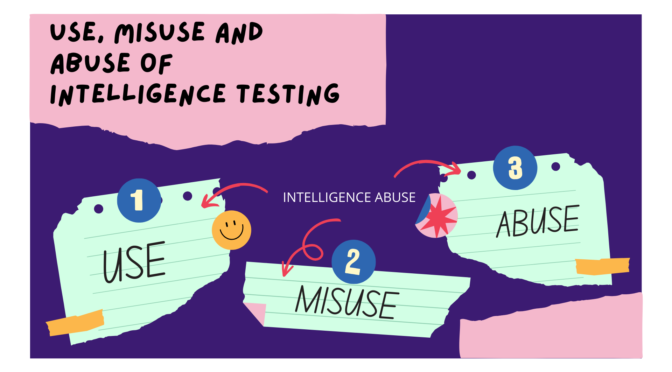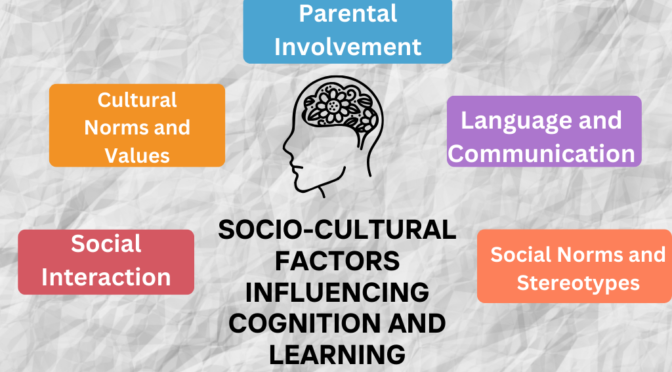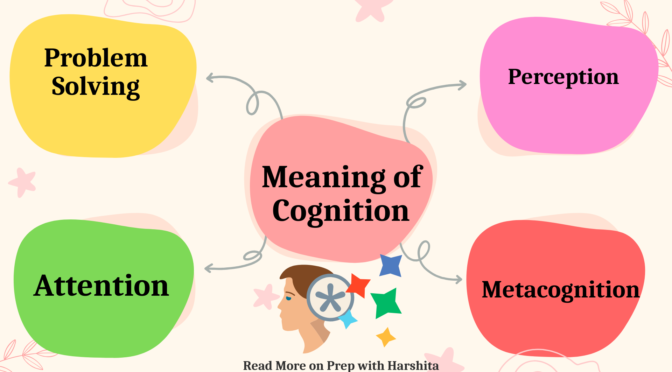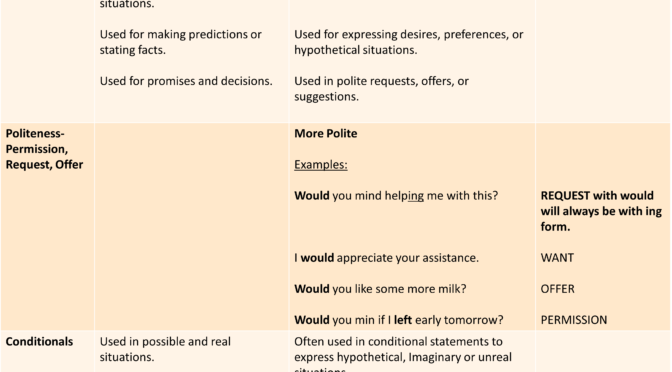Intelligence testing has been a subject of debate for decades due to its potential uses, misuse, and abuse.
Use of Intelligence Testing:
Education: Intelligence tests are commonly used in educational settings to identify students who may need special assistance or advanced placement. They can help educators tailor teaching methods to suit individual learning styles.
Clinical Assessment: Intelligence tests are used by psychologists and other mental health professionals to assess cognitive abilities and diagnose conditions such as intellectual disabilities or specific learning disorders.
Occupational Settings: Some employers use intelligence tests as part of their hiring process to assess cognitive abilities relevant to job performance.
Research: Intelligence testing is a valuable tool for researchers studying cognitive abilities, human development, and related fields.
Misuse of Intelligence Testing:
Cultural Bias: Many intelligence tests have been criticized for their cultural bias, which can unfairly disadvantage certain groups, particularly those from minority or non-Western backgrounds.
Stereotyping: Scores on intelligence tests can sometimes reinforce stereotypes about certain groups, leading to discrimination or lowered expectations.
Read more on the next page.
Also Visit: Prep with Harshita





